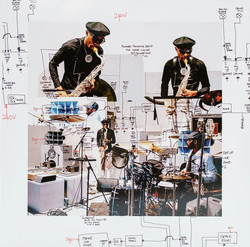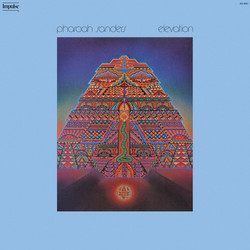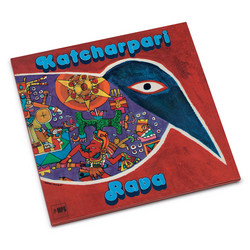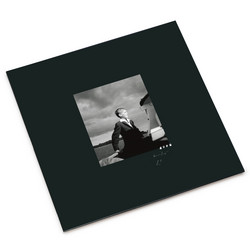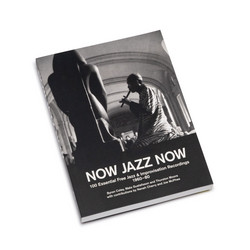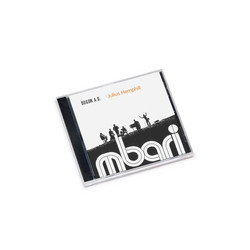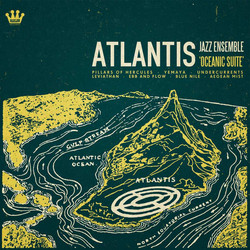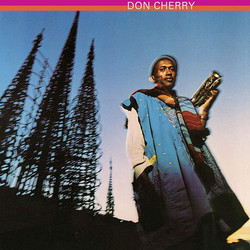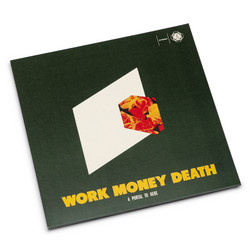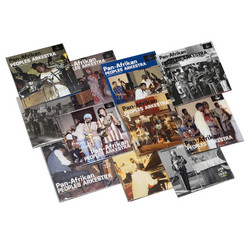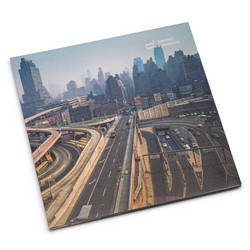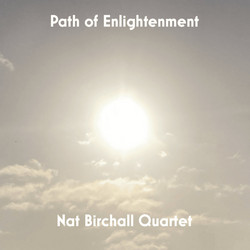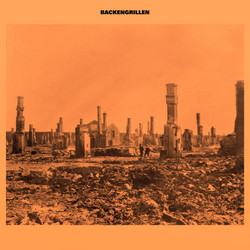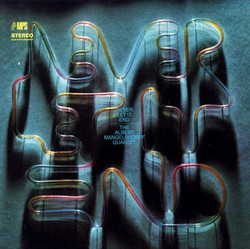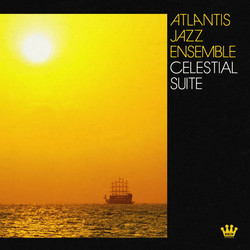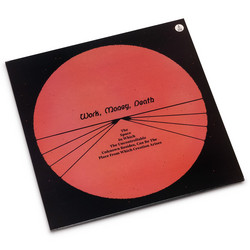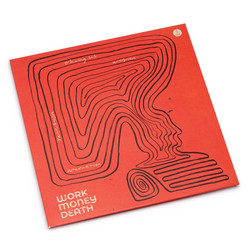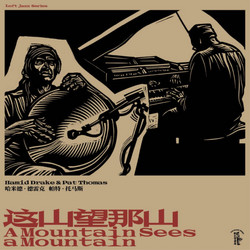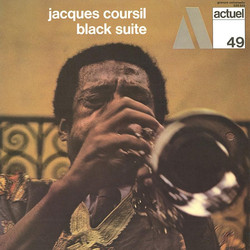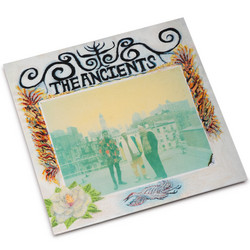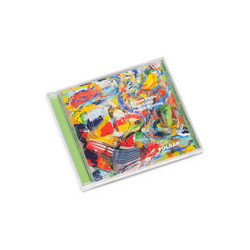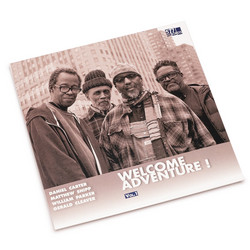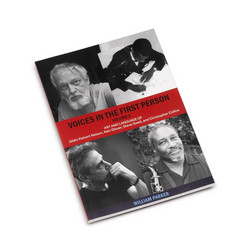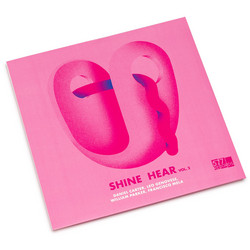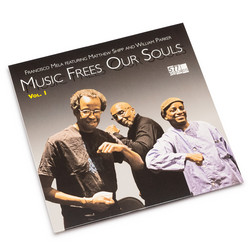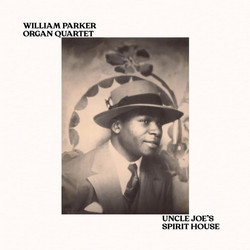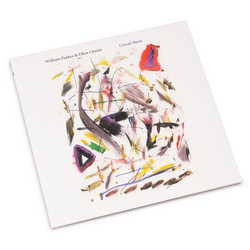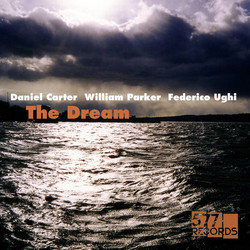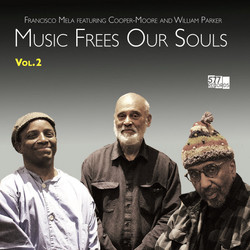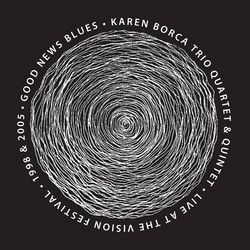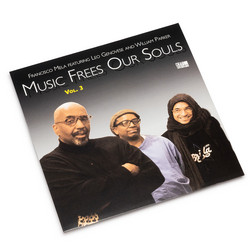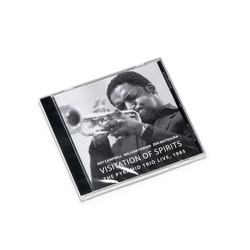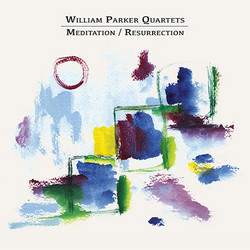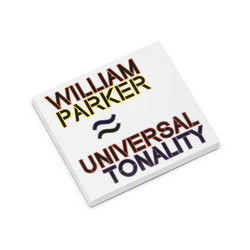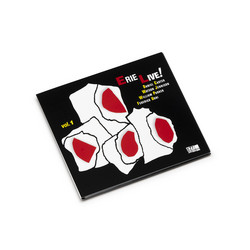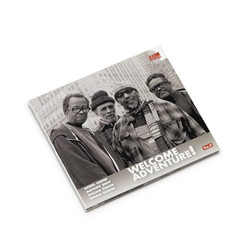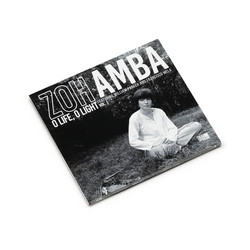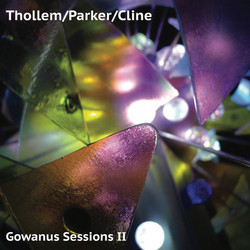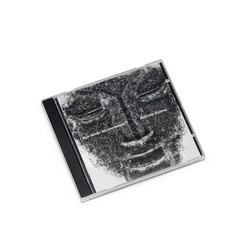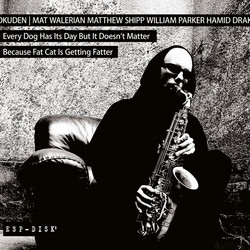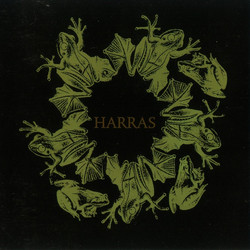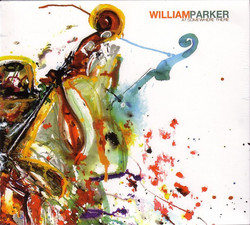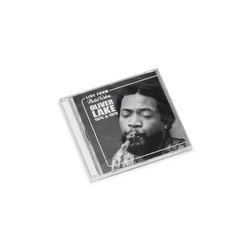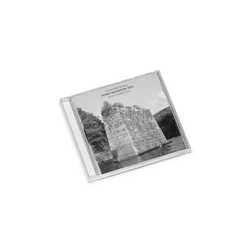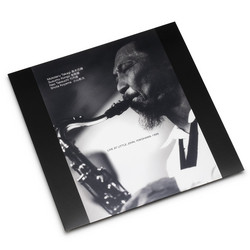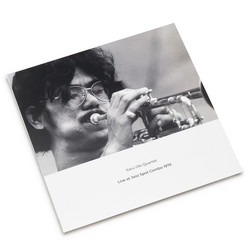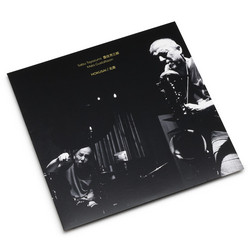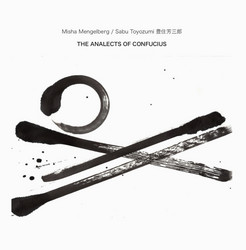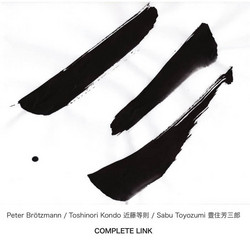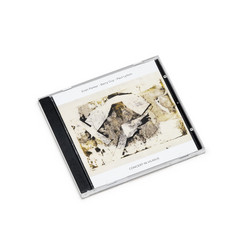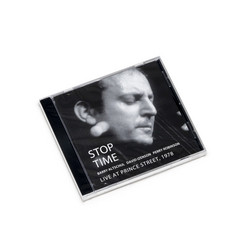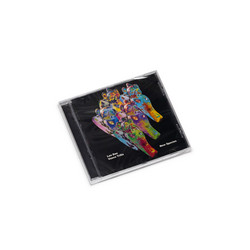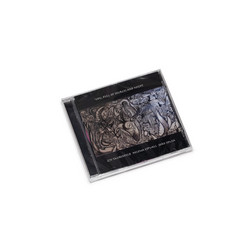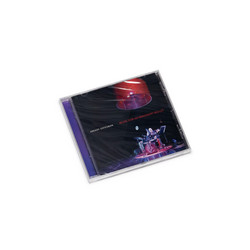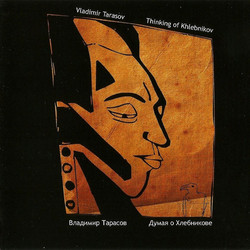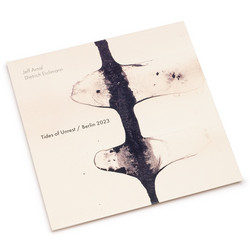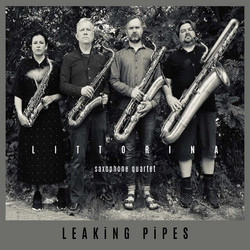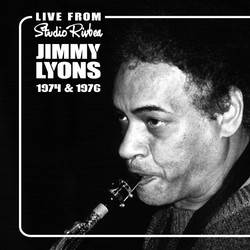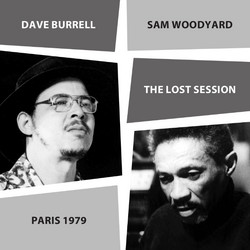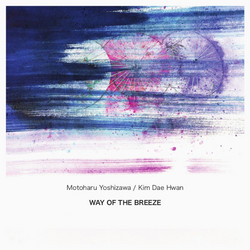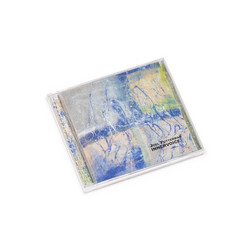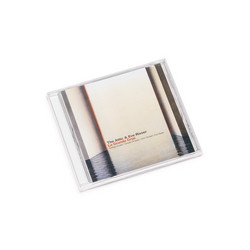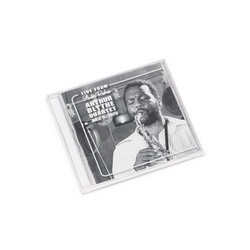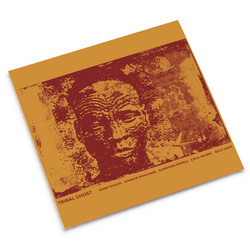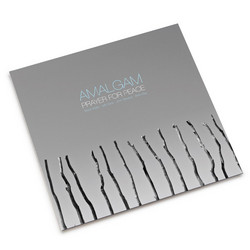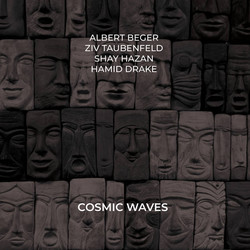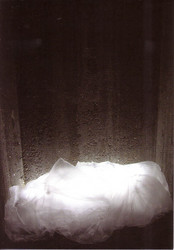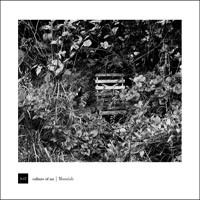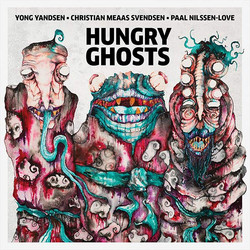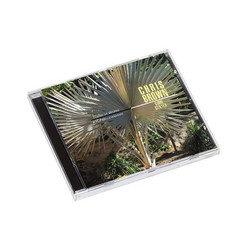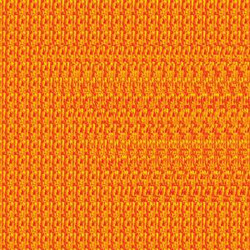Milestone! The music on these six discs comes from roughly the first decade of William Parker's career, one of the most intensely creative periods enjoyed by any musician of any era. William Parker's Centering (No Business CD 42-47), as the subtitle makes clear, is composed entirely of Unreleased Early Recordings 1976-1987. It's six CDs in all, with booklet and attractive slipcase.
What makes all that important? It's William Parker the superb bassist, jazz composer and bandleader at his very best. It's avant "jazz," free expression, new music in quite decent sound quality, covering some of Maestro Parker's significant associations and performances in and around New York during the period. It is an ear opener.First I need to give you a rundown of who does what and when. There are some fine duos and trios from the early period--with Daniel Carter, with Charles Gayle, and a trio with John Hagen and Arthur Williams. There is a lot of music from the Centering Dance Music Ensemble with David S. Ware and Denis Charles (that for the performance included Patricia Nicholson's dancing). That's one of my favorites of the set, but there are many high points to be heard.
Then there are the mid-to-large ensembles: a vocal trio of Ellen Christi, Brenda Bakr and Lisa Sokolov with Parker on bass and Rashid Bakr on drums. From there, the Big Moon Ensemble octet of Jemeel Moondoc, Carter, Williams, Roy Campbell Jr., Parker, Jay Oliver, Charles and Rashid Bakr. There's the music for dance with a Septet including Billy Bang and Ellen Christi. Finally there's the full blown Centering Big Band for a full disk. That's Carter, Moondoc, Ricardo Strobert, Ware, Charles Tyler, Raphe Malik, Campbell, Alex Lodico, Masahiko Kono, Zen Matsura, Sokolov, Christi and of course Parker himself.
The point of the rundown is to show the wide variety of groupings and the presence of lots of avant masters. In the end, after hearing this entire set several times (and I will surely be listening much more), I am left with a deep sense of the importance of William Parker's music on the scene in those days. He became increasingly widely known as an avant bassist of the very highest tier, sure, but as is clear from these recordings, he was an important force on the scene as band leader and composer-conceptualist as well.There is a rather huge amount of great music in the set. Yes, there are some free blow-outs of a high order, with Carter and Gayle, and the trio of Ware, Parker, and Charles really moves along.
The mid-to-large ensembles and the vocal-oriented sounds show us a complex music that surely is free in many ways. But there are some great writing and blowing frameworks too, and all of it hangs together very well.
Space and time don't permit me to comment at length on each cut, six FULL disks worth, but I am left after hearing the set in some ways a changed man. I mean that I am very, very impressed with this music. It puts his early years in a very significant light. He was making important music then, as now. And the music of the set is endlessly rewarding to hear. A treasure trove is what it is, something that will delight, stimulate and enthrall anyone with an interest in and love of the new in improvised music. Highly recommended.(gapplegatemusicreview)
